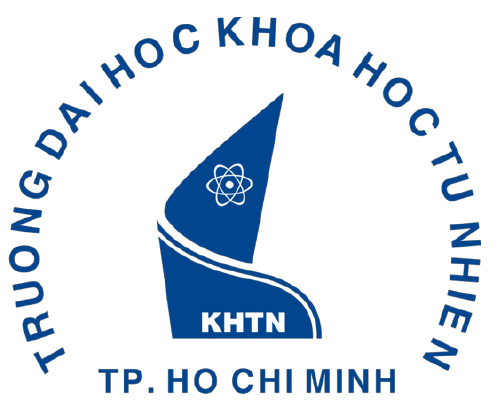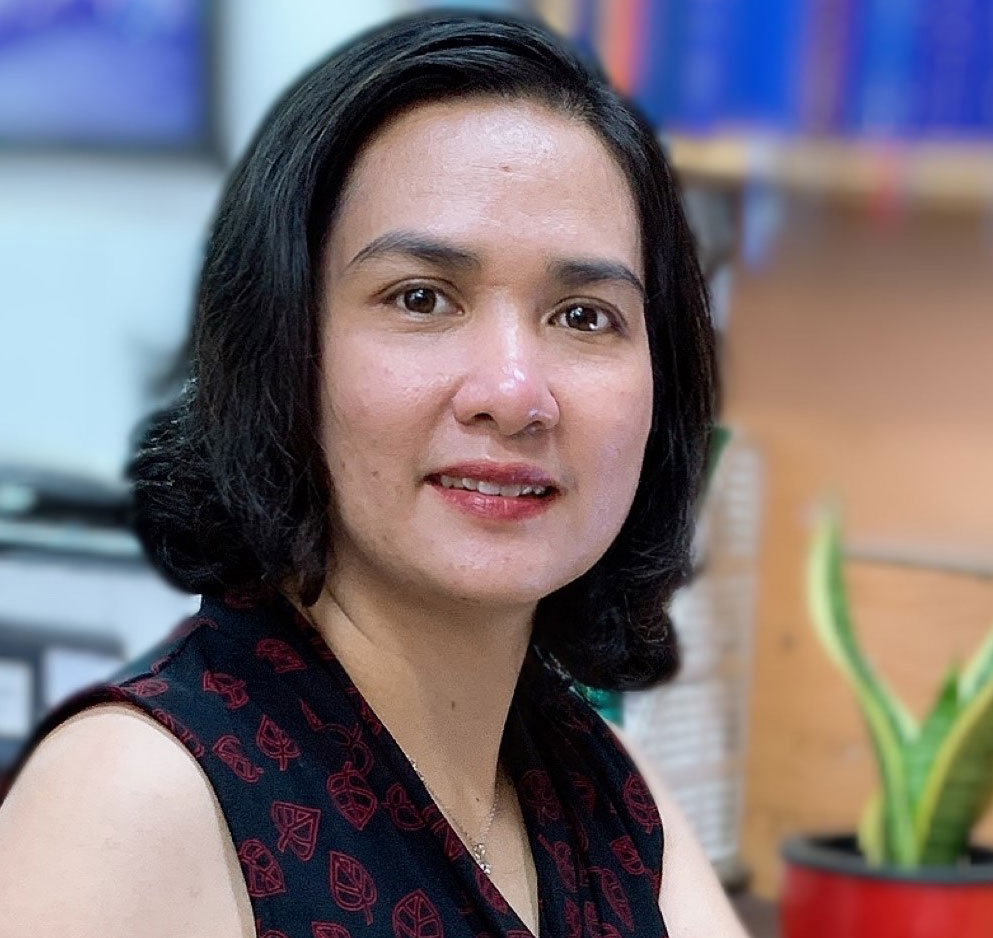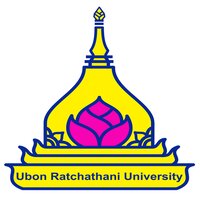National Center for Genetic Engineering and Biotechnology (BIOTEC), National Science and Technology Development Agency (NSTDA), Ministry of Higher Education, Science, Research and Innovation, Thailand
BIOTEC, NSTDA is a leading biotechnological research institute in Thailand. Its research covers a wide range of applications from agriculture to biomedicine and environment. With Thailand Bioresource Research Center (TBRC), the largest collection of microorganisms in Thailand and ASEAN, under its supervision, microbiological related research is one of BIOTEC’ strength. As a project leader, BIOTEC research team, led by Supawadee Insriswang, PhD., not only study microbial community in Mekong River run through Thailand, but also collect and analyze data generated from samples collected in China and Vietnam as well as develop Lanchang-Mekong River microbiome database.
Water Crisis Prevention Center, Department of Water Resources, Ministry of Natural Resources and Environment, Thailand
The center’s mandates are to study, analyze, coordinate with stakeholders and suggest approaches and measures to manage water crisis. Mr. Mongkol Lakmuang, Director of the Water Crisis Prevention Center, is a project advisor who coordinates BIOTEC research team with hydro-meteorological stations in sample collection along Mekong River and provide necessary hydrological data to the BIOTEC team.
Institute of Microbiology, Chinese Academy of Sciences (IMCAS), China
IMCAS is the largest microbiological research institution in China. Currently, the institute is comprised of 5 laboratories: State Key Laboratory of Microbial Resources, State Key Laboratory of Plant Genomics, State Key Laboratory of Mycology, CAS Key Laboratory of Pathogenic Microbiology and Immunology, and CAS Key Laboratory of Microbial Physiological and Metabolic Engineering. The institute also houses the largest collection of microorganisms in China. IMCAS team, led by Prof. Shuang-Jiang Liu, Prof. Lei Cai and Prof. Cheng-ying Jiang, is responsible for collecting samples from Lanchang River as well as analyzing microbial biometrics.
Faculty of Biology and Biotechnology, VNUHCM- University of Science, Vietnam
At present, the faculty is comprised of 8 departments: Genetics, Biochemistry, Microbiology, Plant Physiology, Animal Physiology and Biotechnology, Ecology and Evolutional Biology, Molecular and Environmental Biotechnology, and Plant Biotechnology and Biotransformation. Ms. Huong Thi Lan Vu, a lecturer and researcher under the Microbiology Department, and her team take part in this project by collecting samples in Vietnam.
Lancang-Mekong Environmental Cooperation Center, Foreign Environmental Cooperation Center of Ministry of Ecology and Environment, China
The Lancang-Mekong Environmental Cooperation Center was jointly established in March 2016 with other Mekong countries to strengthen technical cooperation and exchange of talents and information as well as enhance green, coordinated and sustainable development. The team, led by Ms. Tang Huaqing, will coordinate sample collection in China and disseminating project’s activities.
Faculty of Science, Ubon Ratchathani University, Thailand
The faculty is comprised of 5 departments: Chemistry, Physics, Biological Science, and Mathematics, Statistics and Computer. With the aim of broadening its students and staff knowledge on microbiome research, the Faculty of Science has actively participated the citizen science program by jointly organizing the first citizen science workshop with BIOTEC team.


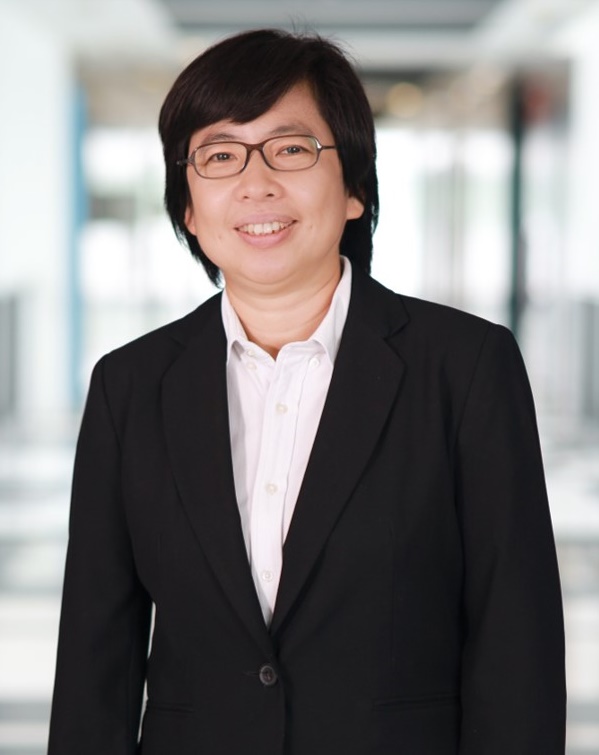 Supawadee Insriswang
Supawadee Insriswang
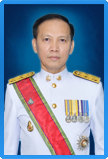 Mr. Mongkol Lakmuang
Mr. Mongkol Lakmuang

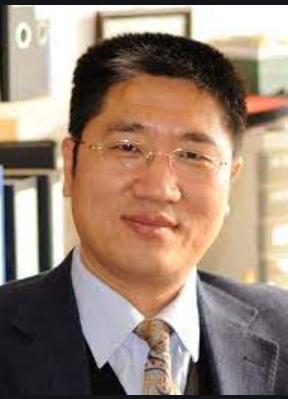 Prof. Shuang-Jiang Liu
Prof. Shuang-Jiang Liu
